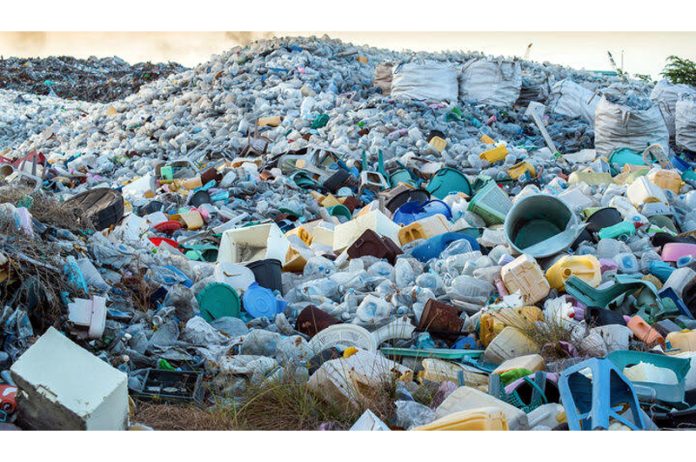‘52.82% waste processed in 2023-24’
Bivek Mathur
JAMMU, Oct 23: The Union Territory of Jammu and Kashmir has 32 operational Material Recovery Facilities (MRFs) to combat plastic pollution in the region.
With the help of these available facilities, the UT recycled 52.82% of the total plastic waste generated in the year 2023-24, up from 49.95% of the total waste processed in the previous year.
The surge in recycling efforts comes as the region experienced a sharp increase in plastic waste generation, producing 146.14 Metric Tons (MT) in 2023-24, compared to 124.48 MT in 2022-23.
The MRFs, which play a vital role in the collection, segregation and channelization of plastic waste for further recycling, are part of a larger strategy to combat plastic pollution in the UT.
Providing an update to the National Green Tribunal (NGT) regarding the steps taken to curb the plastic pollution, the JKPCC highlighted that the UT has significantly expanded its recycling capabilities, managing to recycle 77.2 MT (52.82%) of the total 146.14 MT of the plastic waste generated in 2023-24, compared to 61.94 MT (49.95%) of the total 124.48 MT waste generated in the previous year.
In addition to expanding recycling infrastructure, the JKPCC claimed the UT has undertaken multiple initiatives to reduce plastic waste at the source.
It may be mentioned that the local authorities are registering plastic pickers to enhance collection efforts and are conducting regular inspections to phase out Single Use Plastics (SUPs) and plastic bags below 120 microns, which are non-recyclable.
“Awareness campaigns have also been a crucial part of these efforts,” JKPCC told the NGT.
It further informed the NGT that approximately 10,000 cloth bags, funded through Corporate Social Responsibility (CSR) initiatives, have been distributed in various districts of J&K as an alternative to plastic carry bags.
Additionally, it claimed the Government has imposed fines on violators of plastic regulations.
“In 2023-24, fines totalling Rs 28.81 lakh were levied for violations related to the sale and use of banned SUPs, compared to Rs 42.40 lakh in 2022-23,” claimed the JKPCC.
The JKPCC also reported a decrease in the seizure of single-use plastics, with 19.33 MT of SUP seized in 2023-24, down from 40.67 MT the previous year.
Furthermore, it noted that the UT administration has taken several steps to curb the production of harmful plastic items.
“The use of disposable single-use plastic water bottles has been banned, and regulations have been put in place to prevent the manufacture and sale of plastic products thinner than 120 microns,” it mentioned.
Notably, the JKPCC confirmed that no single-use plastic manufacturing units are currently operating in Jammu and Kashmir, helping to limit the production of non-recyclable plastic goods.
“These combined efforts reflect a proactive approach to managing plastic waste and reducing pollution, with the operational MRFs playing a central role in the region’s waste management strategy,” the JKPCC told the NGT.


